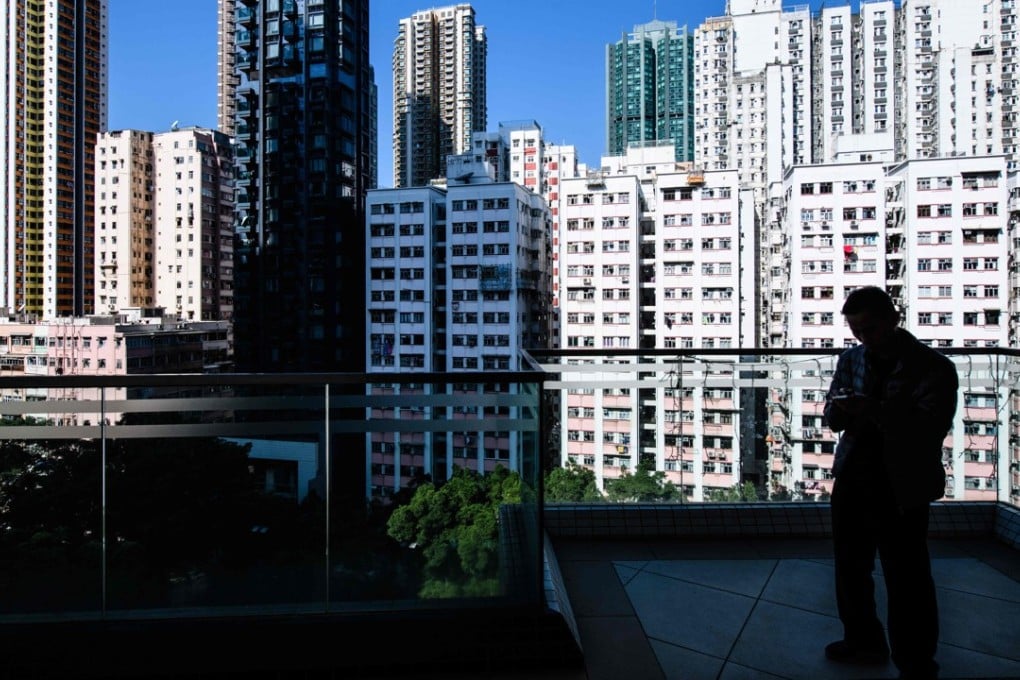Healthy habits of mind bring happiness and can be learned – even by the busy
Richard J. Davidson says research into how mental training like meditation affects our health throws light on what constitutes a healthy mind. Well-being – as understood by its qualities of awareness, connection, insight and purpose – is a skill that can be learned

But how people can integrate well-being skills into the fabric of their busy lives remains a challenge in itself. The truth is we need this set of skills now more than ever, as more people experience the challenge of balancing long working hours and often a stressful work environment with the demands of an active home life that often includes parenting, caregiving and the like. These factors are in part responsible for the steep global rise in mental health disorders such as anxiety and depression.
Is your workplace toxic? Mental health of many Hongkongers on the brink due to long hours and overbearing bosses, experts warn
Though the science is still very new, there is compelling evidence to suggest that we can learn healthy habits of mind that contribute to increased well-being. Scientific and medical research is showing that well-being practices like meditation can alter the brain and body in ways we’re just beginning to measure and understand, including how these practices shape the anatomy of our brains and our immune and genetic responses to stress.

Meditation leads to an effective use of the brain
From a practical standpoint, we can think about well-being as a skill we can learn, just like we learn new languages or musical instruments. And well-being can be broken down into specific constituents. Our Centre for Health Minds is launching a major initiative to develop a user-friendly programme to cultivate well-being that is based on the nurturing of skills to enhance four key domains of well-being: awareness, connection, insight and purpose.
One exercise to strengthen attention is to take a moment – whether it’s through formal meditation on a cushion, or while you’re doing chores or in between meetings at work
The first area of focus is awareness, or dedicating one’s full attention to whatever’s at hand in your current experience – the good, the bad and the ugly. Being fully present has been linked to increased levels of well-being. In one study, researchers discovered that people, on average, were only paying attention to the present moment 47 per cent of the time. Forty-seven per cent! If we can move that percentage even a little, imagine what we could collectively accomplish and how much our mental states could improve.